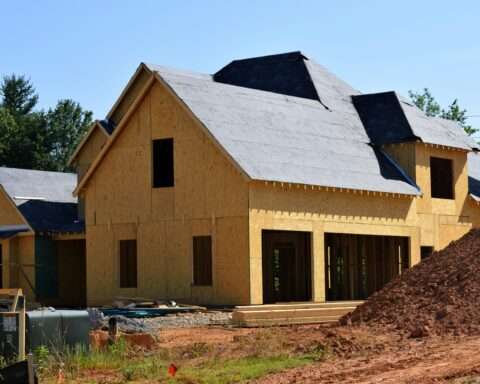The Seattle City Council recently voted to expand housing options in all areas of the city by passing legislation that allows for the conversion of commercial buildings to residences.
The move tackles a prevalent issue with commercial and residential real estate in the city. Job growth has outpaced housing development in Seattle, creating a shortage of housing while a rise in hybrid and remote work has caused office vacancies to rise to 20%.
The changes apply to all areas of the city where non-residential structures such as office or retail spaces commonly exist and multifamily residential uses are allowed.
It includes guidelines for determining what qualifies as a residential conversion and provides broad exemptions from design development standards any time an existing structure is either converted to residential housing or residential uses are added within an existing building.
The legislative change also reduces the cost of converting buildings to residences by exempting conversions to housing from the city’s mandatory housing affordability requirements.
The new law builds on recent statewide and local efforts to meet Seattle’s need for more housing options and repurposing underutilized spaces for residential and other uses.
The state passed a law in 2023 that removed restrictions on adding residential units within existing structures.
On a local level, Seattle voters in November passed an unprecedented $970 million housing levy that will be used to help the city combat homelessness and develop affordable housing options over the next seven years. The levy is projected to help support the development of more than 3,100 affordable housing homes and serve more than 9,000 low-income individuals and families, the city said.
Seattle last year also held a competition where it launched a call for proposals inviting design teams and building owners to submit ideas for repurposing existing office space into new residential and commercial uses.
The competition proved the feasibility of converting commercial properties into residential space while resulting in recommendations that helped influence legislative changes, Seattle Mayor Bruce Harrell said.
“My administration will continue to look for levers to support more affordable housing and greater housing production in the city,” Harrell added.












